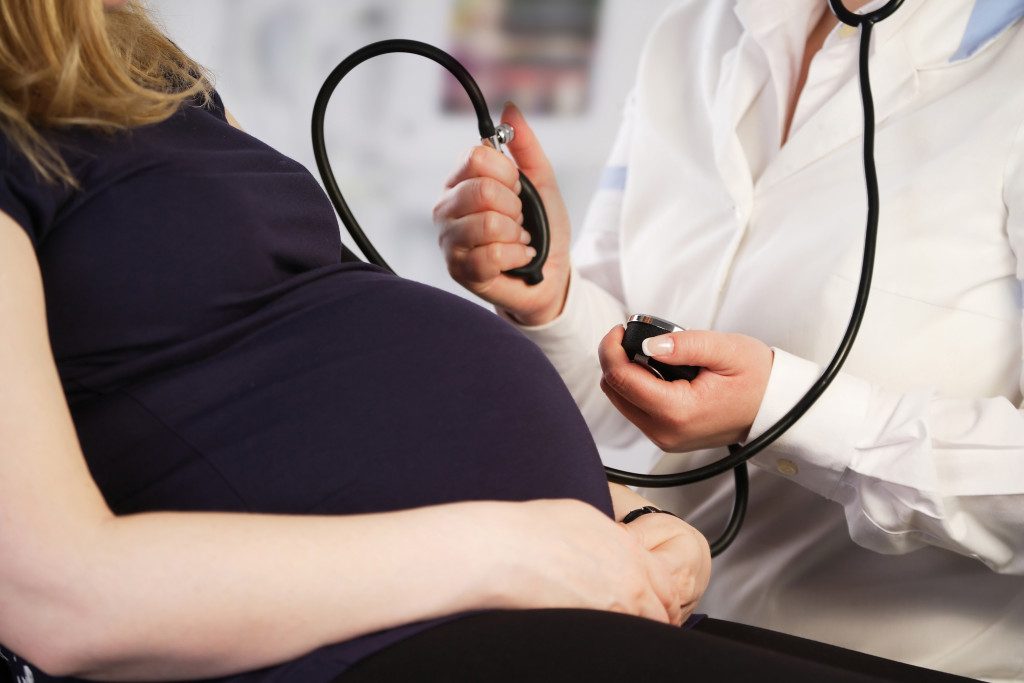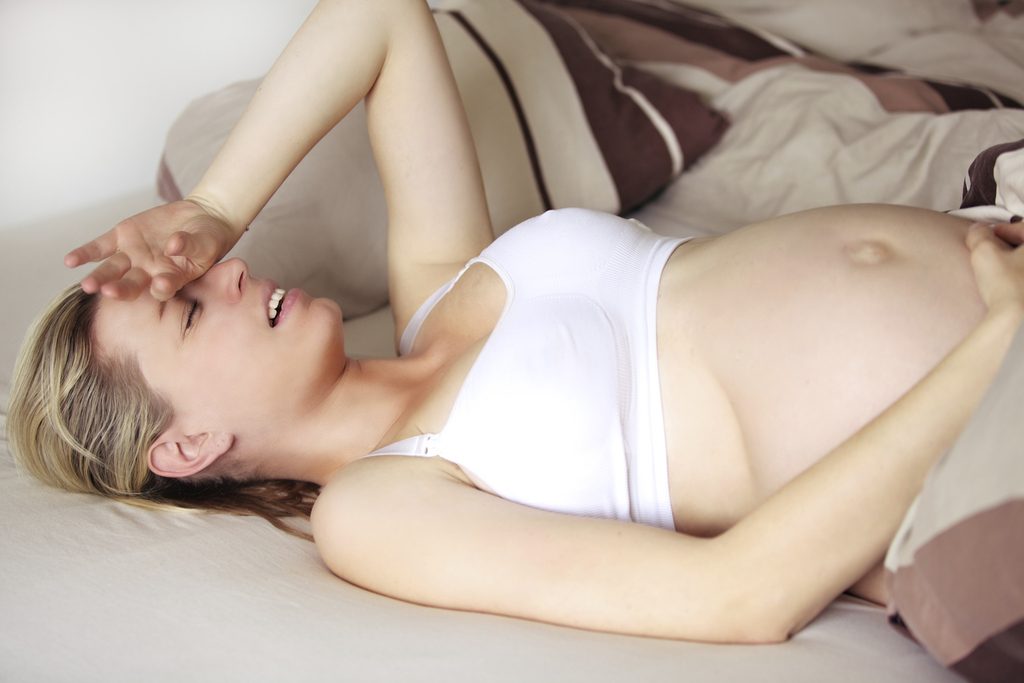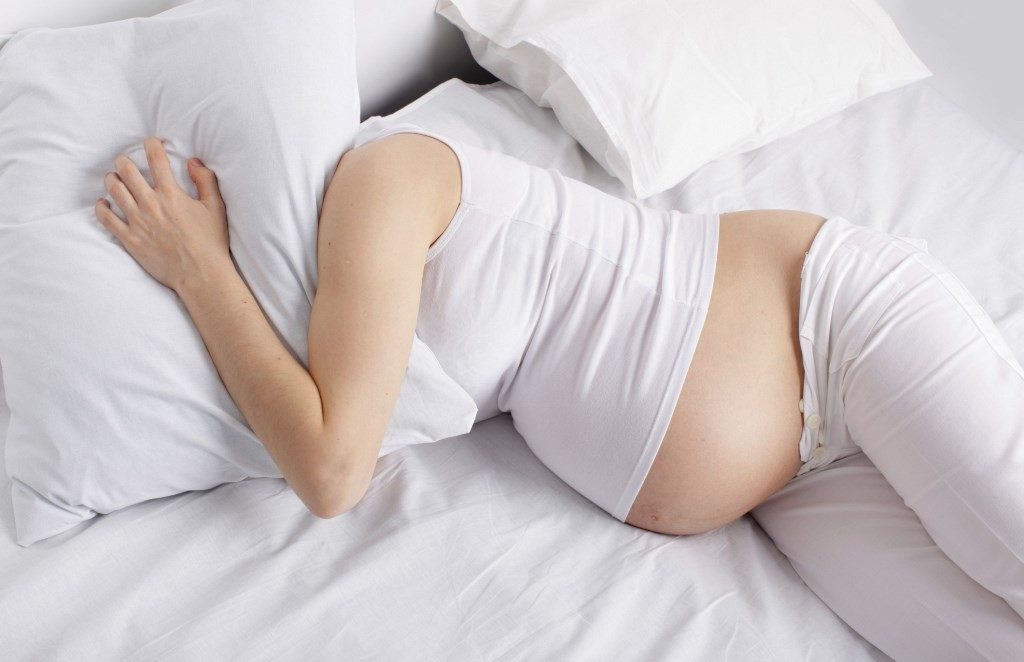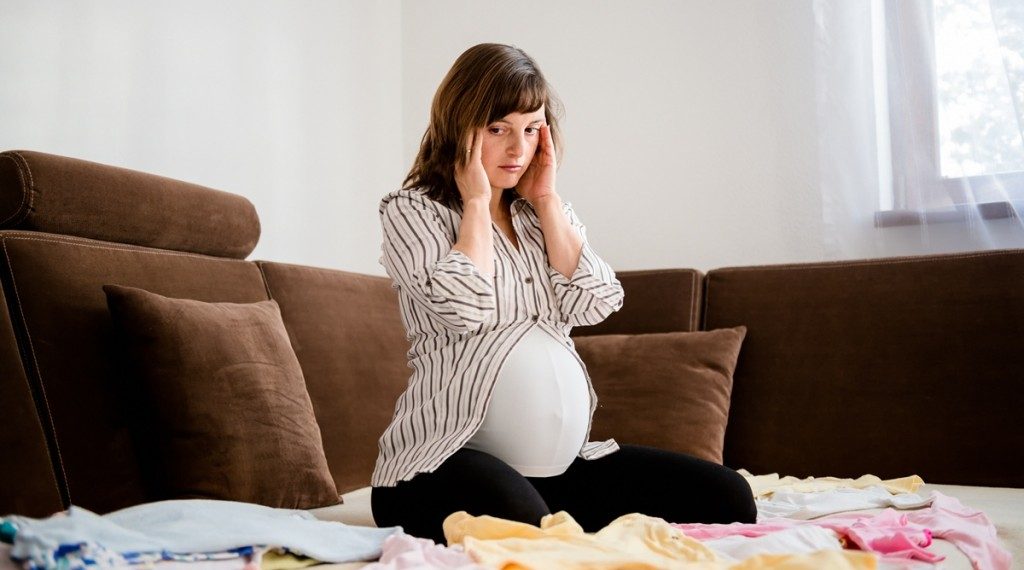
Is high blood pressure linked to sleep that a mother take during early stages of pregnancy?? Yes it is. Studies reveal that there is a strong link between high blood pressure and the amount of sleep that one takes during pregnancy. Mothers-to-be who sleep too much or too little time early in the pregnancy stages are more likely to have higher blood pressure as childbirth approaches and it can lead to grave complications for both mother and baby.

high blood pressure-pregnancy
Researches prove that blood pressure rose by about 4 points in third-trimester women who reported sleeping less than six hours or more than 10 hours per night in early pregnancy. Even small increases in average blood pressure can translate to a clinically significant risk for preeclampsia, a pregnancy complication characterized by high blood pressure and signs of damage to another organ system . The study also indicated that very short sleepers , who slept less than five hours per night during early pregnancy were 10 times more susceptible to develop preeclampsia than those who slept six hours or more. The worst cases can lead to very horrible outcomes in mother and baby, including retinal detachment, seizures or stroke in women, low birth weight or breathing difficulties in newborns, or death for either.
Sleep and blood pressure
High blood pressure is common among people of all ages who sleep less than six hours per night, and the same mechanism do work for pregnant women. Blood pressure is known to dip by an average of 10 percent to 20 percent during sleep, and according to researchers short sleep duration’s may raise the average 24-hour blood pressure and heart rate. This may lead to structural changes that gradually raise blood pressure long-term.

But at the same time longer sleep times during early pregnancy also produced small blood pressure surges similar to those seen in shorter sleep duration’s. It may be due to the fact that diagnosed, underlying conditions such as sleep apnea, depression, or insulin resistance create the need for more sleep.
The norm sleep
Sleep times of about nine hours per night is considered to be the norm among researchers. The research which was supported by grants from the Eunice Kennedy Shriver Institute of Child Health and Human Development of the National Institutes of Health conducted a survey incorporating more than 1,270 healthy pregnant women and found that only 20 percent of the women reported norm sleep time. About 55 percent of the pregnant women reported sleeping seven to eight hours, while 13 percent slept six hours or less, and 10 percent slept 10 hours or more.

Future researches may be focused on understanding why longer sleep duration’s lead to small rises in blood pressure. Large-scale deep studies on the same provide awareness to the health-care providers and mothers-to-be regarding the sleep and blood pressure issues.
It is the most powerful creation to have life growing inside of you.There is no bigger gift